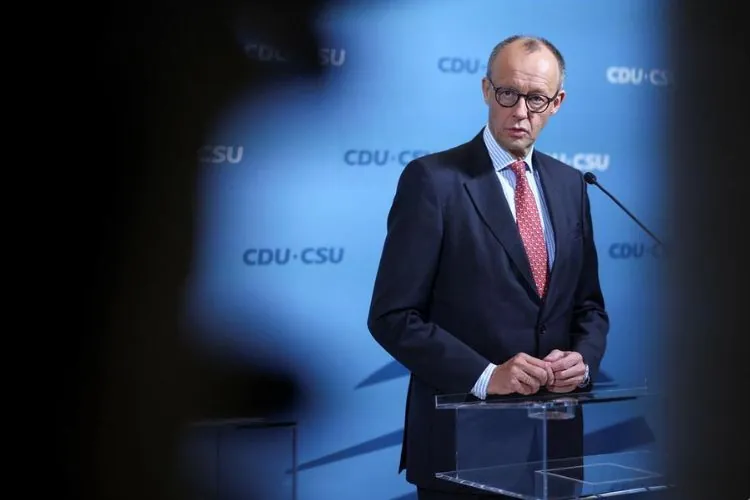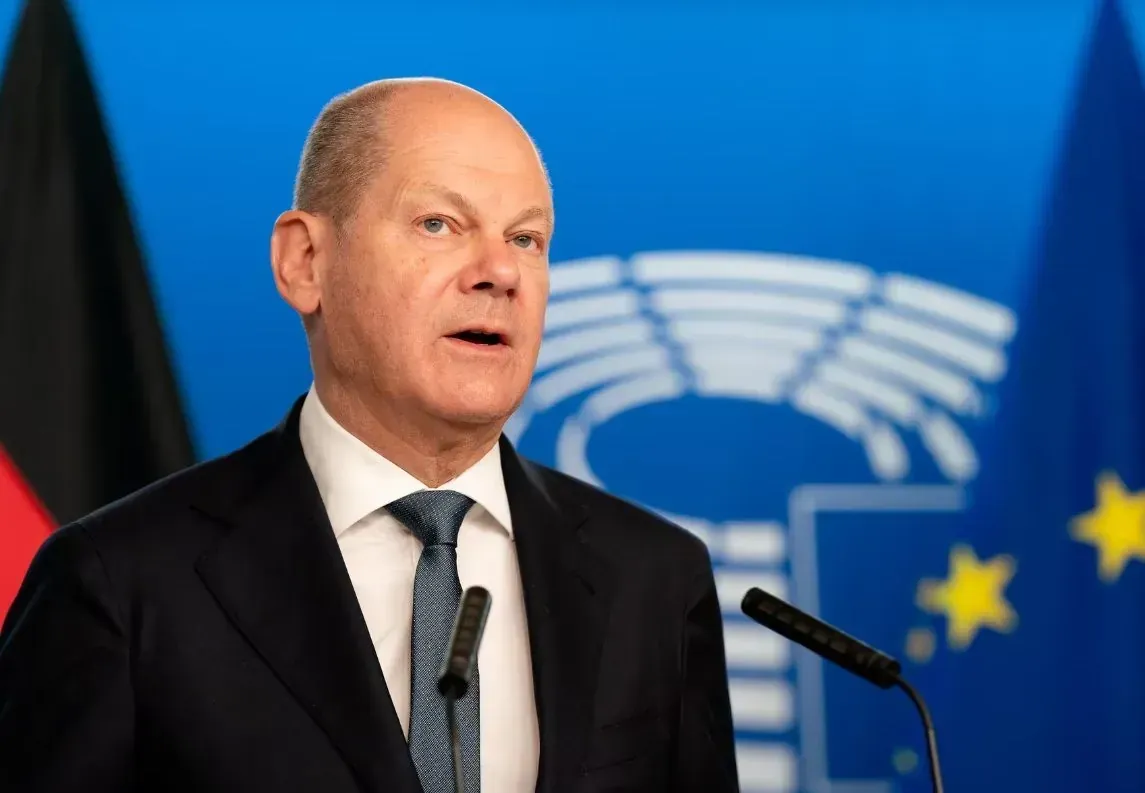German elections on February 23: what changes can Ukraine expect?
On February 23, early elections for the Bundestag will take place in Germany following the collapse of Scholz's coalition. The main contest is between the incumbent Chancellor and the leader of the CDU, Friedrich Merz. The voting results could impact aid to Ukraine, refugee policies, and Berlin's stance in the war with Russia. UNN outlines how these results might affect Ukraine.
Germany has two primary centrist political forces: the Social Democratic Party of Germany (SPD) and the Christian Democratic Union (CDU) along with its Bavarian partner, the Christian Social Union (CSU). The SPD holds left-leaning views focused on social support and integration, while the CDU/CSU represents conservative values, advocating for a market economy and a strong state in terms of security.
However, recently these traditional parties have lost some support due to internal issues and criticism of their migration and economic policies. Conversely, the Greens, promoting environmental reforms, and the far-right Alternative for Germany (AfD), which criticizes open border policies and globalization, are gaining popularity. This trend indicates a growing demand among voters for change.
Rivalry: Merz vs. Scholz
The main battle is unfolding between Friedrich Merz (CDU) and the current Chancellor Olaf Scholz (SPD).
Friedrich Merz represents the economically liberal and conservative wing of German politics. His approach is based on supporting traditional values, a market economy, and enhancing security. He advocates for a strict migration policy, particularly reducing social benefits for refugees, including Ukrainian citizens, and streamlining employment through adaptation.
In the economic domain, Merz supports tax cuts and reducing bureaucracy, while in foreign policy, he calls for a tougher stance on Russia and strengthening ties with the USA. He has repeatedly emphasized that Ukraine should not be an official candidate for NATO membership during negotiations with Russia.

Unlike the current Chancellor, Merz does not rule out supplying Ukraine with Taurus missiles, but only with the consent of all European partners, whereas Scholz has rejected such an initiative.
On February 15 in Munich, Merz met with Ukrainian President Volodymyr Zelensky. During their talks, they discussed defense support, strengthening the front, and investing in weapons production in Ukraine.
Olaf Scholz backs a moderate social-democratic course, combining economic stability with social justice. His government supports labor rights, social guarantees, and refugee integration through employment programs, language courses, and vocational training. At the same time, Scholz insists on maintaining social benefits, viewing them as a key element for ensuring decent living conditions.

In international politics, the Chancellor plays the role of the EU as a guarantor of stability, especially regarding energy security and aid to Ukraine. During televised debates, he stated that the decision to grant Ukraine EU candidate status was "correct," emphasizing that EU membership would significantly enhance its security. He did not comment on the simultaneous prospect of Ukraine joining NATO.
Scholz has also repeatedly stressed that peace cannot be imposed on Ukraine under foreign conditions. Notably, both Merz and Scholz publicly rejected cooperation after the elections, stating this during a televised voter question hour.
How will policies towards Ukrainian refugees change?
The victory of the conservative CDU/CSU bloc may lead to reduced social benefits for Ukrainian refugees, while promoting their employment. Specifically, they plan to simplify the recognition of qualifications and assist with German language learning at work. Newly arrived Ukrainians will no longer receive "citizen money" but will receive assistance under the asylum seekers' law - 460 euros per month. This is less than what unemployed individuals receive in Germany and will mean the cancellation of housing and health insurance benefits. Instead, they will be provided with vouchers for food and household goods.
The Alternative for Germany party demands the cancellation of social payments for all Ukrainian refugees, leaving only the 460 euros. At the same time, they wish to maintain work permits for Ukrainians. However, the likelihood of this party participating in the government is low due to its extreme views. The leader of the far-right and pro-Russian political force, Alternative for Germany (AfD), Alice Weidel, calls for no more weapons to be supplied to Ukraine and claims that such deliveries are a "provocation" against the Russian dictator Vladimir Putin.
The Free Democratic Party and the Union of Sahra Wagenknecht also propose reducing social benefits for refugees, particularly Ukrainians. They believe that greater emphasis should be placed on employment rather than state assistance.
The Social Democrats and the Greens focus on improving the integration of refugees into the labor market without reducing benefits. If these parties join a coalition with the CDU/CSU, a compromise may be found, but significant changes for Ukrainians are not anticipated.
Likely election outcome and coalition formation
Polls indicate that the CDU/CSU, led by Merz, is in the lead with 30% support. The far-right AfD may come in second (20%). Scholz's Social Democrats currently garner only 15%.
However, none of the leading parties plan to collaborate with the AfD, whose pro-Russian leader, Alice Weidel, has repeatedly called for no more arms supplies to Ukraine and claimed that such deliveries are a "provocation" against the Russian dictator Vladimir Putin.
At the same time, even if the CDU/CSU wins, they will not be able to form a government independently and will have to negotiate with the Social Democrats, the Greens, or the Free Democrats, who are also likely to enter the Bundestag.